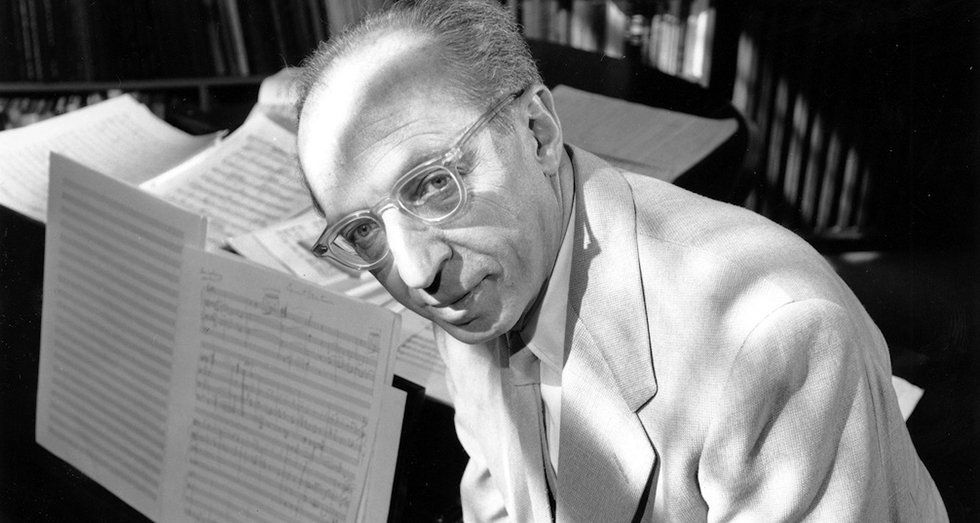Aaron Copland 1900-1990
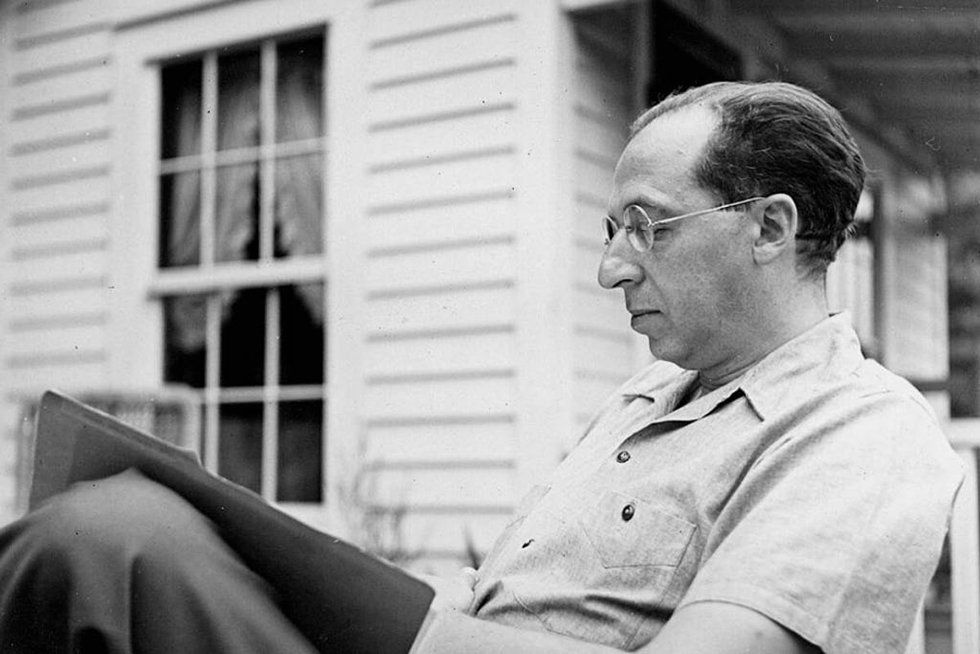
Everyone is so prepared to hear the worst about Hollywood that it is a pleasure to be able to start these observations on a cheerful note. The best one can say about Hollywood is that it is a place where composers are actually needed. The accent is entirely on the living composer. Day after day and year after year there are copyists, instrumentalists, and conductors who do nothing but copy, perform, and conduct the music of contemporary composers. Theoretically, at any rate, the town is a composer’s Eldorado.
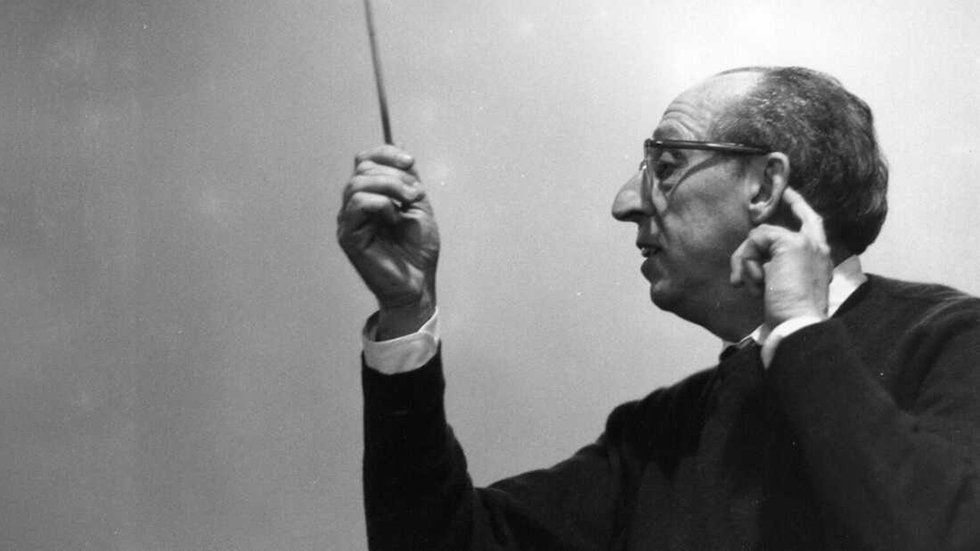
The next time you settle yourself comfortably into a seat at the neighborhood picture house don’t forget to take off your ear-muffs. Most people don’t realize they are wearing any—at any rate, that is the impression of composers who write for the movies. Millions of moviegoers take the musical accompaniment to a dramatic film so much for granted that five minutes after the termination of a picture they couldn’t tell you whether they had heard music or not.
Behind the Screen
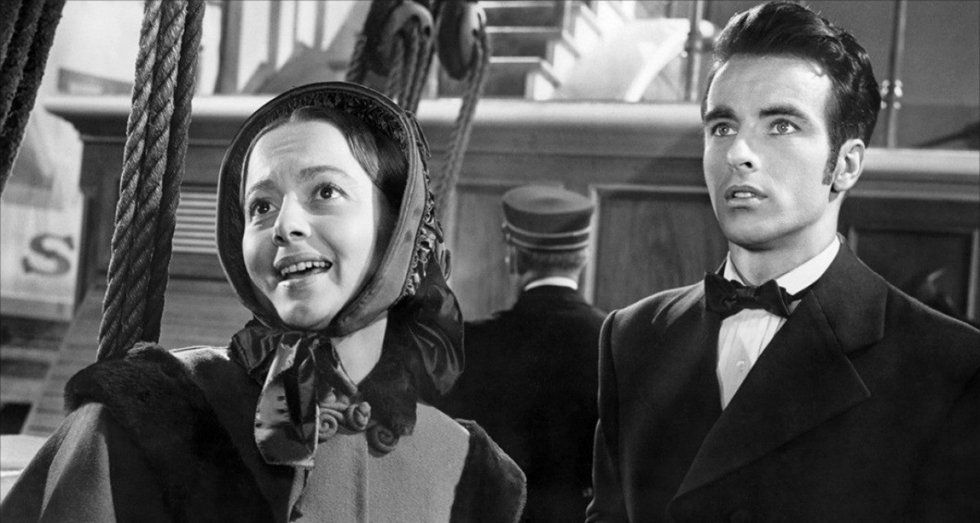
Aaron Copland's score for the Paramount film, THE HEIRESS, is basically music of an intimate nature. Its overall effect is that of a kind of quiet restful picture of the late Victorian period in which the story is set. Instrumentation tends to be sparce. It is not music of an over-dramatic quality. In fact this element is underplayed causing the music to assume a subordinating role which it maintains throughout the picture. Copland has stressed the importance of small ensembles and a certain softness of texture that is extremely significant and quite pleasing to note, especially to the professional musician. The usual Hollywood sequences and over-blown mid-nineteenth century climaxes (as an attempt to underline the emotional aspects of the film) are happily avoided. The stamp of the composer is clearly recognizable as soon as his name appears on the screen, there being prior to this one minute's music footage not part of Copland's score. The latter appears at the very beginning of the main titles.
Reviews
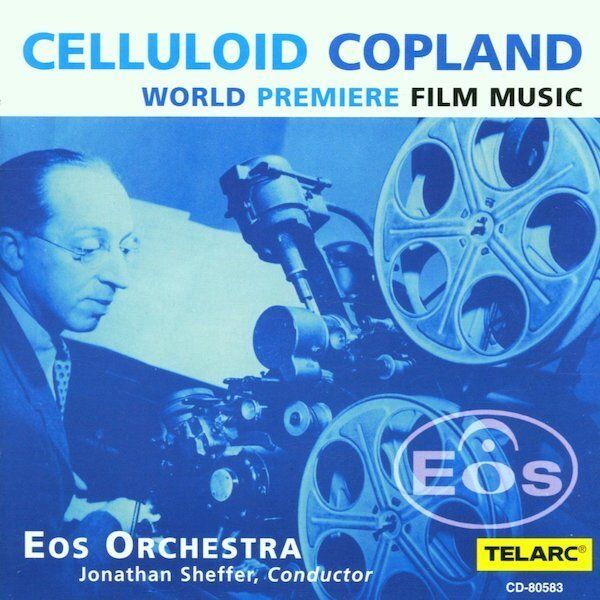
These four scores written for films had been inaccessible for many years and are now newly exhumed from the Library of Congress. Two trace their origins to films for the modernistic New York World Fair. The Fair was held in a fateful year: 1939. The same event also drew two British concert commissions premiered by Boult in New York. These were Arnold Bax's Seventh and final symphony and Arthur Bliss's grandiloquent though flawed Piano Concerto played by Solomon though, to my knowledge, only John Ogdon, playing it as if it were the Mennin concerto, has made something remarkable out of it.

